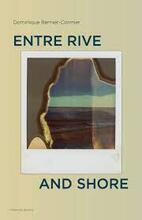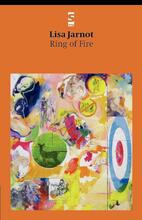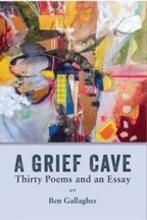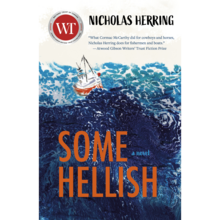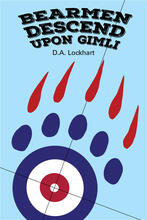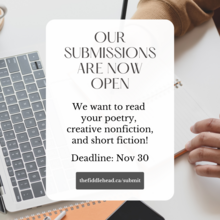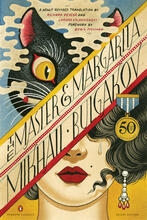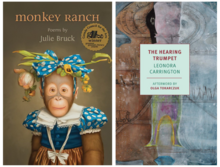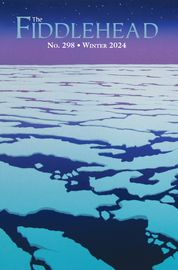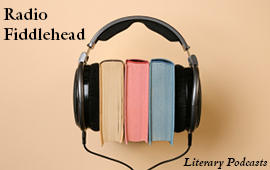Posted on October 17, 2023
A book I was thoroughly taken with this year was Dominique Bernier-Cormier's poetry collection Entre Rive and Shore. As in his excellent first book, Correspondent, Bernier-Cormier draws together the micro-politics of his family and the macro-politics of world history to great emotional effect.
Posted on October 5, 2023
When I read Lisa Jarnot, it makes me want to write. So, given my frequent creative slumps, I keep Lisa’s collections close to my writing desk. I love all of them, but Ring of Fire is perhaps my favourite. It’s the kind of book you can either open up anywhere and plunge into for two minutes, or let yourself become engrossed, and reread the whole thing.
Posted on September 29, 2023
As editor of The Fiddlehead, I apologize for the insensitive and ignorant review of Emily Riddle’s The Big Melt that appeared on our website. It should never have been published and we have removed it. The Fiddlehead has contributed to exactly the kind of colonial destructiveness that we should be working against. We should be supporting healing and resistance, not perpetuating racism and pain.
Posted on September 26, 2023
I wish you’d haunt me
the kind of ghost I could feel you know?
“At the Water”
Posted on September 22, 2023
In Nicholas Herring’s first novel, his self-named protagonist, Herring, makes the following socioeconomic comment about lobsters: “You know, it wasn’t too long ago, you couldn’t get anybody to buy lobster. People used it as fertilizer in their gardens. Farmers would put it out on their rows. Eighty per cent of the market nowadays is cruise ships and casinos. The way I see it, lobster is just something people eat to distract them from the fact that they’re pissing their wages away” (260).
Posted on September 20, 2023
One of the best books I’ve read this year is D.A. Lockhart’s 2021 verse novel Bearmen Descend Upon Gimli, a virtuosic fusion of narrative, lyric, athletic, and mythological forms. Lockhart stages an epic Manitoban bonspiel as an allegory or roadmap for storytelling and sports as anticolonial resistance. As the Bearmen’s stones make “the world crack apart,” the collection is a story about literally remaking the world through curling — or maybe through stories about curling.
Posted on September 18, 2023
Congratulations to the fifteen finalists!
Posted on September 13, 2023
The Fiddlehead is currently accepting submissions of poetry, fiction and creative nonfiction! Deadline November 30, 2023.
Find all our submission guidelines here: https://thefiddlehead.ca/submit
Posted on September 12, 2023
The Master and Margarita is a novel by Soviet writer Mikhail Bulgakov, written in the Soviet Union between 1928 and 1940 during Stalin's regime. It's about Satan who pays a visit to the Soviet intellectuals when he learns they don't believe in him.
Posted on September 5, 2023
In 2010, a bunch of friends started an impossible book club, impossible as none of us—a wool-shop owner, an editor, a prof, a psychiatrist, a psychologist, a community program head, a Crown prosecutor, most parents or about to be—had time to read. Our meeting rule, more or less kept up: the book had to be published before 1960.
Pages
